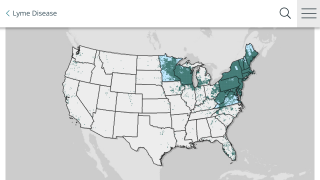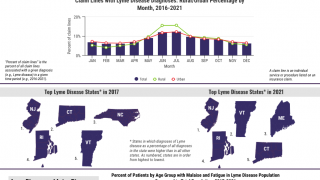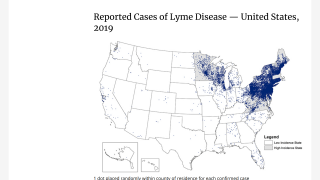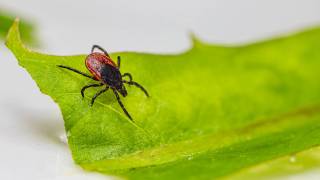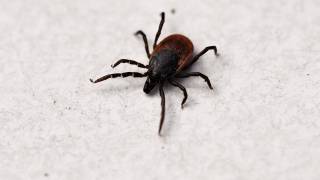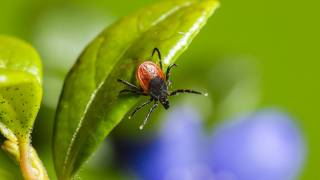Lyme Disease Vaccine Candidate Demonstrates Strong Immunogenicity Profile with Pediatrics

France-Based Valneva SE and Pfizer Inc. today announced positive Phase 2 study data for their Lyme disease vaccine candidate, VLA15, in a pediatric population.
VLA15-221 is the first clinical study with VLA15, which enrolled 5-17 years olds.
In pediatric participants who received VLA15 in either the two-dose schedule (N=93) or three-dose schedule (N=97), VLA15 was more immunogenic than in adults with both vaccination schedules tested.
These new data build on the strong immunogenicity profile reported for adults in February 2022.
Like in adults, the immunogenicity and safety data support a three-dose primary vaccination schedule in pediatric participants in the Phase 3 study.
The safety and tolerability profile observed in the 5- to 17-year age group was similar to the previously reported profile in adult participants.
And no vaccine-related serious adverse events were observed.
Based on these new results, Valneva and Pfizer plan to proceed with the inclusion of pediatric participants in their planned Phase 3 trial, which is expected to be initiated in the third quarter of 2022, subject to regulatory approval.
VLA15 remains the only Lyme disease vaccine candidate currently in clinical development.
Kathrin U. Jansen, Ph.D., SVP and Head of Vaccine Research & Development at Pfizer, commented in a press release issued on April 26, 2022, “The medical need for vaccination against Lyme disease is steadily increasing as the geographic footprint of the disease widens."
"These positive pediatric data mark an important step forward in the ongoing development of VLA15, and we are excited to continue working with Valneva to potentially help protect both adults and children from Lyme disease.”
This investigational multivalent protein subunit vaccine uses an established mechanism of action for a Lyme disease vaccine that targets the outer surface protein A (OspA) of Borrelia burgdorferi, the bacteria that cause Lyme disease.
OspA is one of the most dominant surface proteins expressed by the bacteria when present in a tick.
Blocking OspA inhibits the bacterium’s ability to leave the tick and infect humans.
VLA15 covers the six most common OspA serotypes expressed by Borrelia burgdorferi sensu lato species prevalent in North America and Europe.
Additional Lyme disease vaccine news is posted at PrecisionVaccinations.com/LymeDisease.
Note: The companies press release was edited for clarity and manually curated for mobile readership.
Our Trust Standards: Medical Advisory Committee
